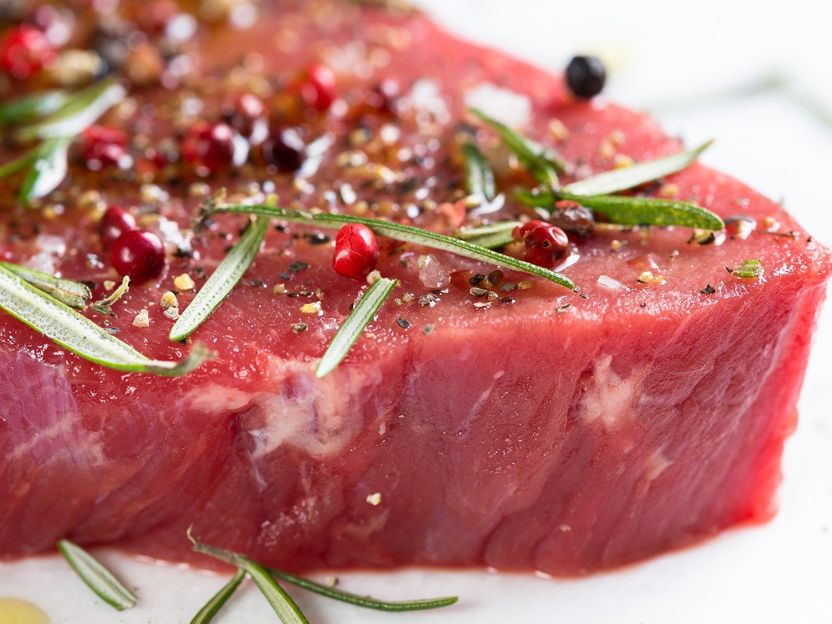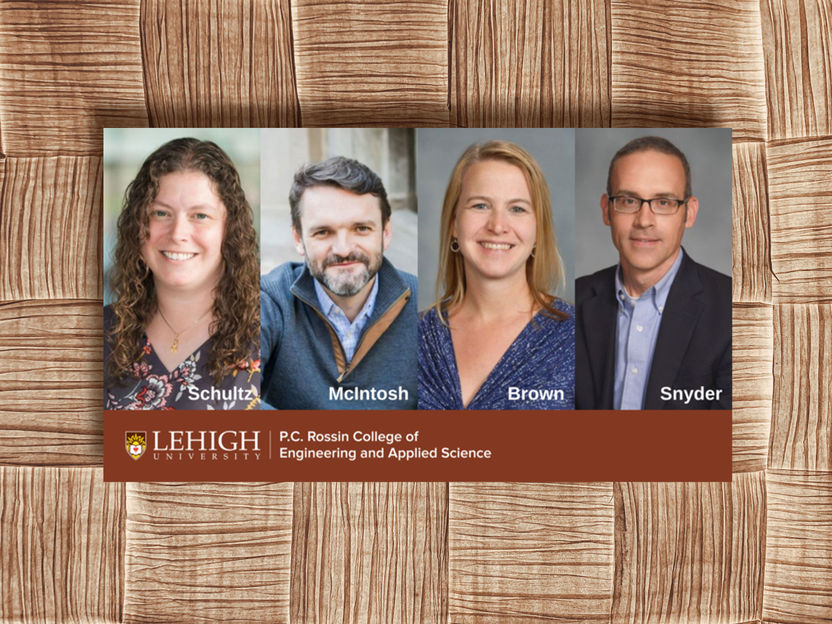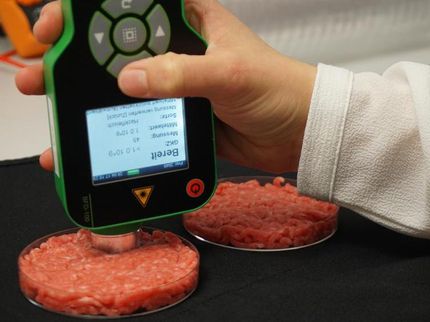NMR FoodScreener™ laboratory for food authenticity and quality determination, located in Rheinstetten, Germany, has been granted ISO/IEC 17025 accreditation
Bruker announced that its NMR FoodScreener™ laboratory for food authenticity and quality determination, located in Rheinstetten, Germany, has been granted ISO/IEC 17025 accreditation.
The certificate has been awarded for Bruker’s validated methods for the determination of ingredients and measures of authenticity and quality of liquid foods and food extracts by NMR spectroscopy. Government and private analytical service laboratories offering NMR-based testing for food authenticity and quality with Bruker’s standard operating procedures (SOPs) and validated methods can now more easily get these NMR methods accredited in their lab.Christian Kost, Managing Director of Winespin-Analytics GmbH, commented: “As a company providing NMR-based analytical wine profiling, the ISO/IEC 17025 accreditation of Bruker BioSpin is of significant importance, allowing us to now offer accredited NMR wine profiling according to international standards to our customers. The accreditation represents a milestone towards NMR becoming a more widely used technique for wine analysis, enabling us to offer this unique, information-rich technique to a broader set of wine industry customers.”
All of Bruker’s current NMR food-screening applications for juice, wine and honey profiling are now covered by this accreditation. Dr. Iris Mangelschots, President of Bruker BioSpin’s Applied, Industrial and Clinical (AIC) division, explained: “We are excited that the ISO/IEC 17025 accreditation has been achieved. NMR now delivers certified methods for targeted, as well as non-targeted food screening. For food analysis this enables the identification of unexpected and unknown deviations and falsifications that can highlight processing issues, frauds or adulterations.”
Most read news
Other news from the department business & finance

Get the food & beverage industry in your inbox
By submitting this form you agree that LUMITOS AG will send you the newsletter(s) selected above by email. Your data will not be passed on to third parties. Your data will be stored and processed in accordance with our data protection regulations. LUMITOS may contact you by email for the purpose of advertising or market and opinion surveys. You can revoke your consent at any time without giving reasons to LUMITOS AG, Ernst-Augustin-Str. 2, 12489 Berlin, Germany or by e-mail at revoke@lumitos.com with effect for the future. In addition, each email contains a link to unsubscribe from the corresponding newsletter.
Most read news
More news from our other portals
See the theme worlds for related content
Topic World Food Analytics
Food analysis methods enable us to investigate the quality, safety and composition of our food. Whether in the traceability of food, the detection of contaminants or the verification of nutritional information - food analytics plays a crucial role in our health and nutrition. Welcome to the exciting world of food analytics!

Topic World Food Analytics
Food analysis methods enable us to investigate the quality, safety and composition of our food. Whether in the traceability of food, the detection of contaminants or the verification of nutritional information - food analytics plays a crucial role in our health and nutrition. Welcome to the exciting world of food analytics!
Last viewed contents

Sugar intake is falling, but is still too high - Study by the University of Bonn examines the nutrition of children and young people and sees a need for further action

ProFuse Technology received $1.25M from Fresh Start FoodTech Incubator - The company's technology, which stems from research conducted at the Weizmann Institute of Science, is based on the optimized differentiation and fusion of muscle cells, which enhances the production capacity of cultured meat and reduces its price

GAIA launches worldwide scientific first: environmental impact study on cultivated meat - “If you want to eat meat and do good for the environment, it is best to eat cultivated meat made with green energy”

Pork labelling schemes ‘not helpful’ in making informed buying choices, say researchers



























































